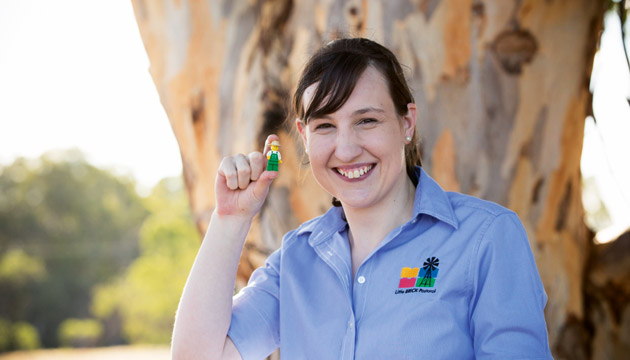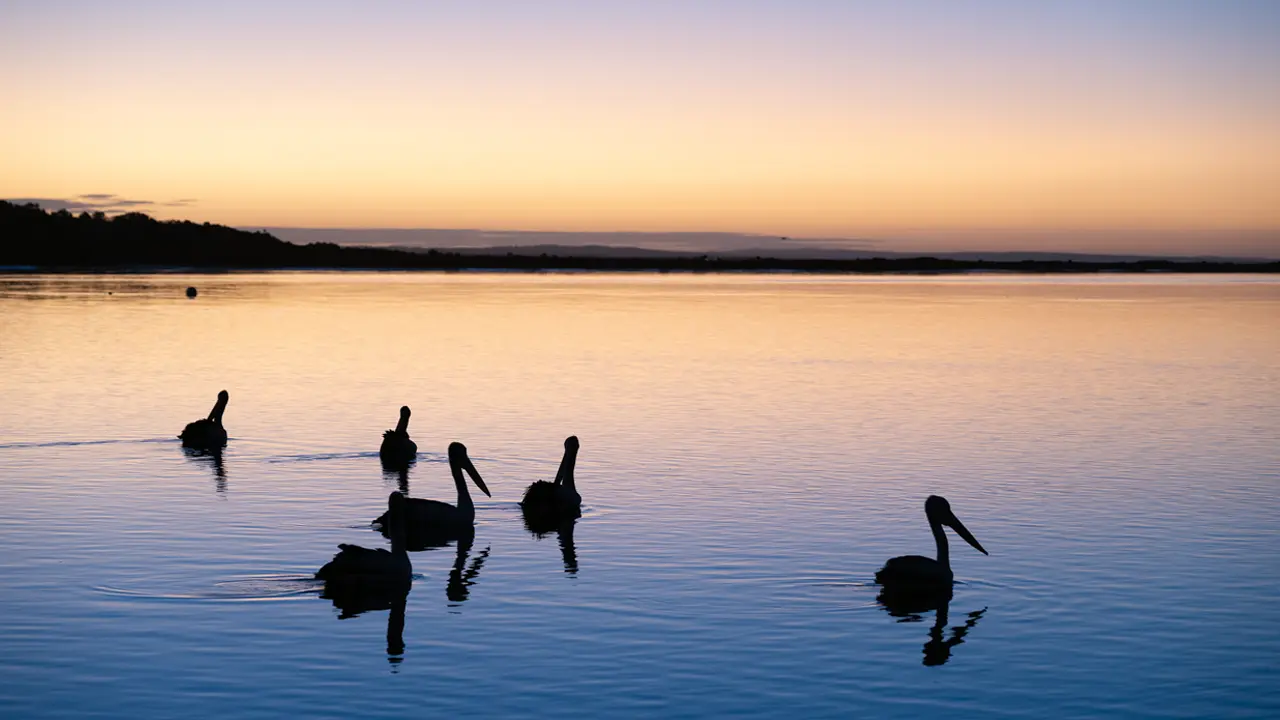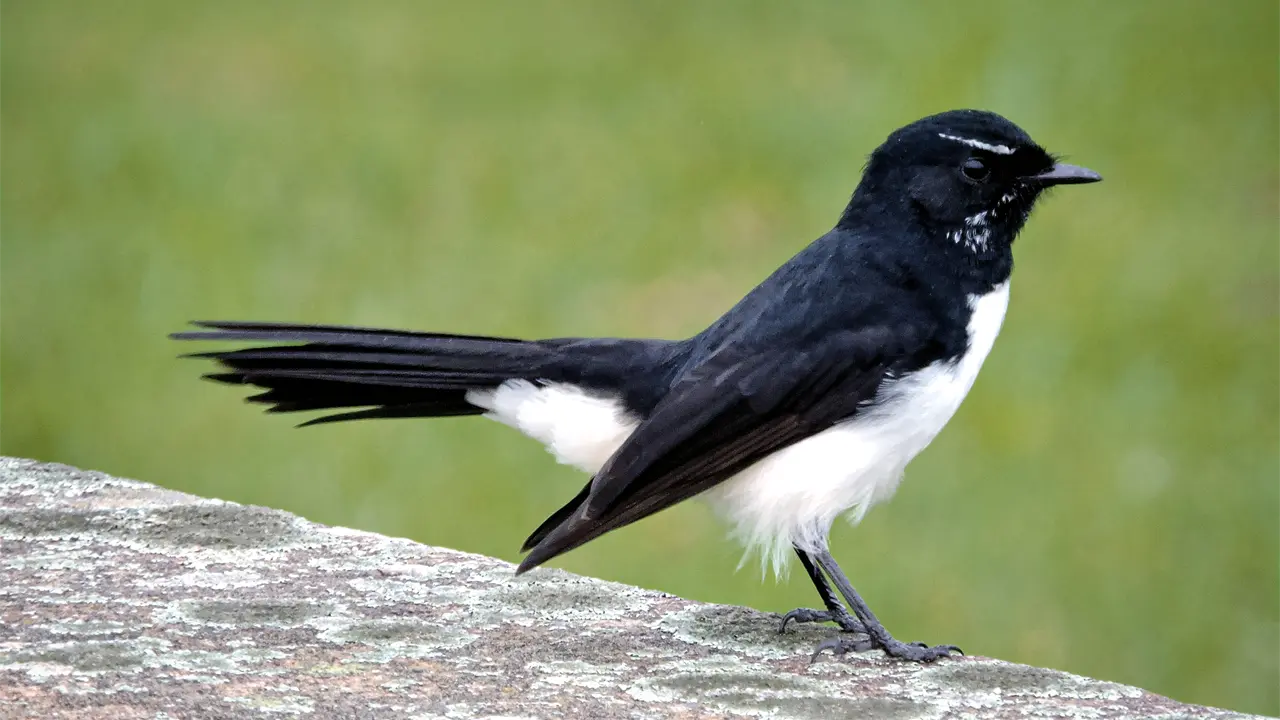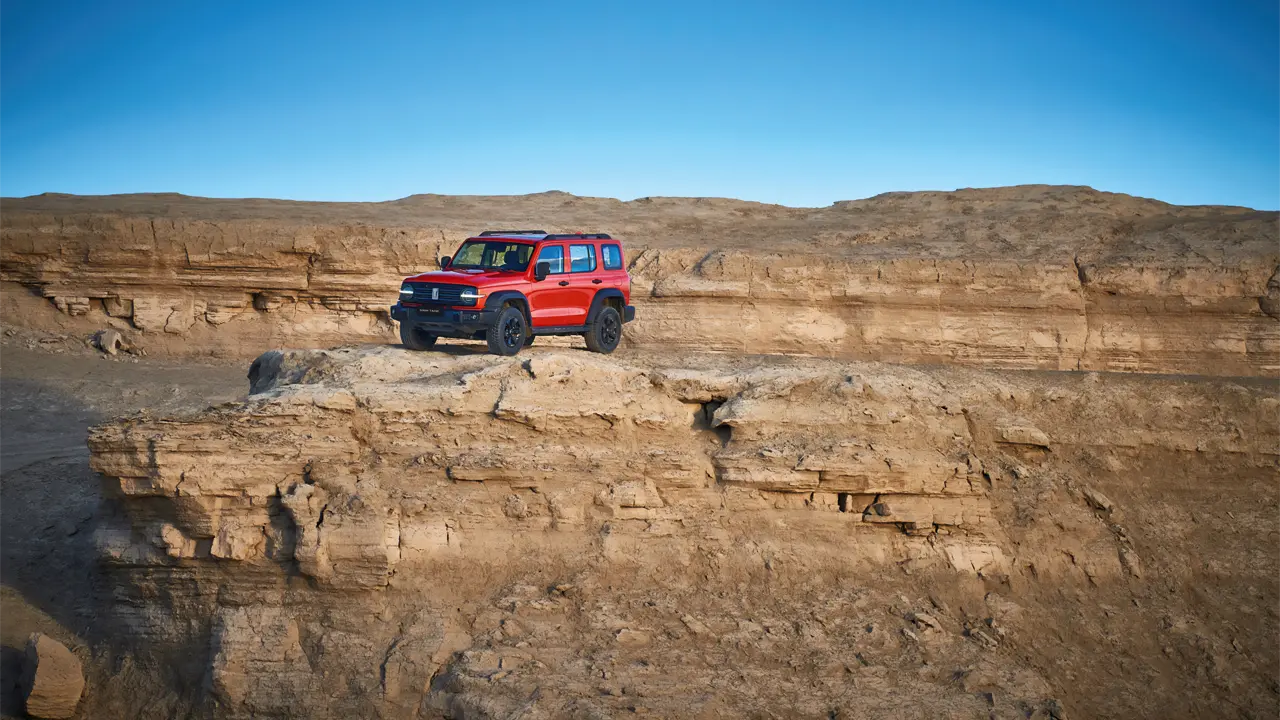Free interactive, online leadership courses are helping women in remote areas to develop a wide variety of projects.
Story by Ken Eastwood
What do wooden cows, a Lego farmer and a high-quality driving simulator have in common? Each of these unique projects are being developed by some of the 200 graduates of a free online leadership course being run by the National Rural Women’s Coalition.
Begun in 2011, the e-Leaders Program uses the Blackboard Collaborate virtual classroom technology adopted by the School of the Air and many Australian universities. It enables all 20 participants of each course to interact live with the other members and the guest speaker, wherever they are. “Everyone in the room can speak to each other through a microphone, so it’s the next best thing to being face-to-face,” says program coordinator Kerryn Suttor.
Kerryn, an occasional OUTBACK contributor, lives in St George, Qld, and says the courses are designed for rural women, with the 1.5-hour webinars held once a week, over six weeks or so. “Sessions are held in the evening, so it doesn’t matter if someone works on a farm, or is struggling to mind kids, or hold down a job – no matter where they are, as long as they have an internet connection they can participate.”
There are 2–4 courses a year, and each one has a slightly different bent, depending on needs and funding. For example, one last year had a focus on sustainability; another on social media. Kerryn says the first e-Leaders program was a general leadership course and topics included dealing with different personality types and building community capacity. “It went really well and we just continue to access funding where we can, and access grants,” she says.
Each woman on the program has to bring a project to the course that they want to start or improve. Their projects have to involve some form of knowledge transfer, such as talking to a Landcare group or school. For example, one of the most recent graduates, Aimee Snowden of Tocumwal, NSW, had developed quite a following for her social media character, The Lego Farmer, and wanted to work out how to capitalise on that. “The course helped me to shape my program and continue it,” Aimee says. “I learnt how to write a press release and get it out, how to apply for funding, etc.”
Aimee’s Lego Farmer now resides under the name Little Brick Pastoral and she is developing resources to educate children about agriculture – and crop farming in particular. She took Little Brick Pastoral into Australia’s biggest Lego exhibition in Melbourne, showing some 27,000 people the progress of oats from germination to Anzac biscuit. “It takes agriculture into a space that it normally wouldn’t be,” she says.
This story excerpt is from Issue #110
Outback Magazine: Dec/Jan 2017









